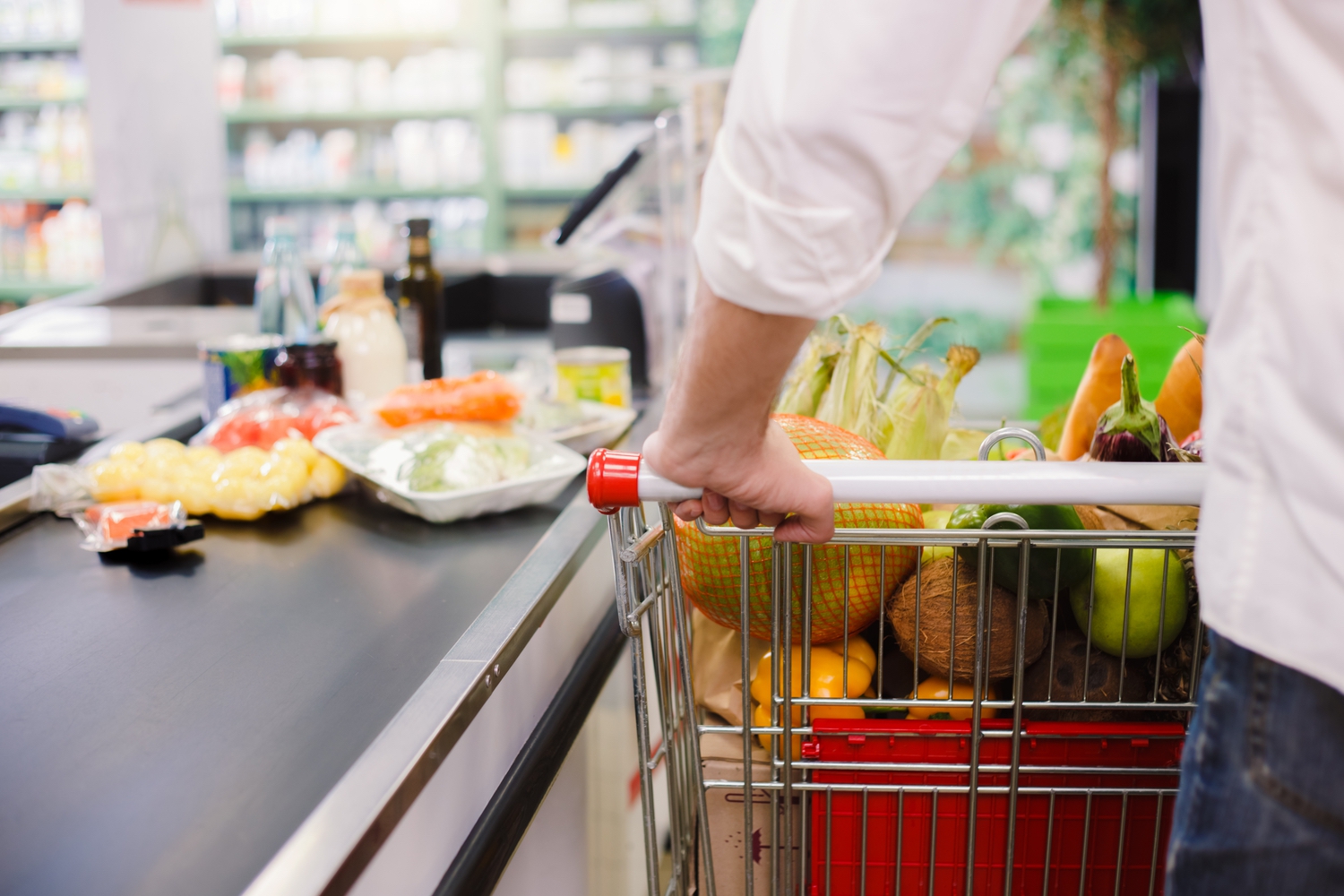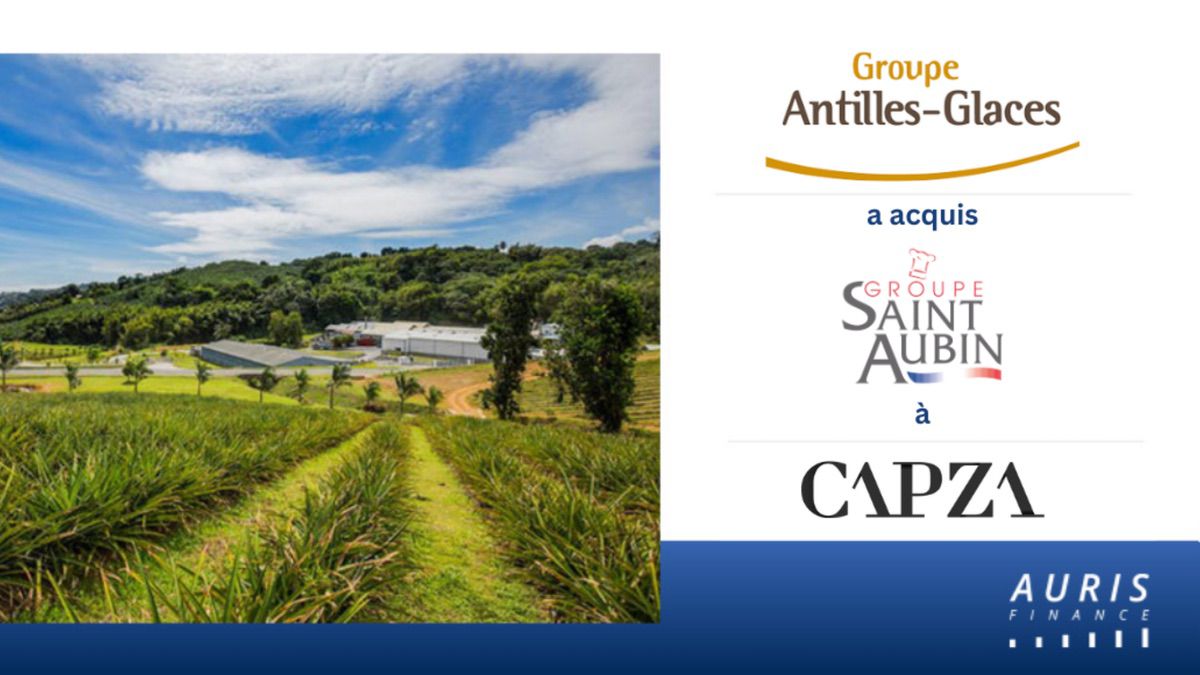

Producers and retailers are back at the negotiating table. While inflation is pushing up prices, the war in Ukraine is making discussions even more tense. Experts at AURIS Finance, a mergers and acquisitions consultancy, take a closer look.
On 1 March 2022, the trade negotiations between retailers, producers, and the processing industry came to an end. These were indeed historic negotiations: it was the first time in eight years that an agreement had led to a significant increase in prices. As early as the end of February 2022, industrialists were arguing for prices to rise by 7-8% to reflect rising energy prices. Depending on the product, an increase of 3-4% was finally agreed. By way of comparison, price increases agreed on in previous years have been in the region of 0.1%-0.3%, in line with inflation.
Making negotiations fairer
These negotiations fall within the framework of the Egalim law, which aims to “balance trade relations in the agri-food sector and ensure healthy and sustainable food” and strengthens contractual obligations between professionals. One of the objectives of this 2018 law, with its complement Egalim 2, is to guarantee producers’ incomes by providing a framework for setting prices that take into account both production costs and market prices.
The impact of rising inflation
This historic increase is in response to inflation, which rose to 1.6% in France in 2021. This is a trend that is set to accelerate further in 2022. According to INSEE data, consumer prices rose by 3.6% year-on-year in February, up from 2.9% in January. As a result, price increases could soon be revised upwards again. Indeed, the macroeconomic outlook suggests that inflation in France will continue to rise in the coming months, particularly as a result of the conflict in Ukraine.
Ukraine conflict pushes up prices
Against this already tense background for industrialists, the start of Russia’s offensive against Ukraine on 24 February has exacerbated the rise in raw material and energy prices. The French agri-food industry is already feeling the first effects. The government has resumed trade negotiations in response to all these factors. These fresh talks between retailers and suppliers are essential because the inflation induced by the Ukrainian war must be considered. The start of these talks was on 18 March and there could be further price increases.
More price hikes ahead
For Jean-Philippe André, president of Ania (the French food industry association), a further rise in prices seems inevitable. “We know that this crisis in Ukraine is going to add to a complicated situation. We’re getting ready for a second shock of rising costs,” he told BFM Business.
Rethinking valuations
For specialists in the agri-food sector, this increase in costs will undoubtedly put pressure on margins. In this challenging environment, companies looking to buy or sell will need to be particularly vigilant in their valuation scenarios. Whatever your challenges, the experts at AURIS Finance are at your side with their sector-specific expertise.


